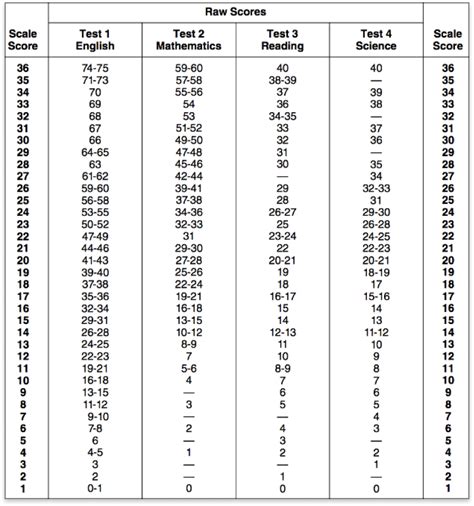The ACT (American College Test) is a standardized test that is used for college admissions in the United States. It is a multiple-choice test that covers four subject areas: English, Mathematics, Reading, and Science. The ACT is scored on a scale of 1 to 36, with 36 being the highest possible score.

So, is 34 a good ACT score? The answer to this question depends on a number of factors, including your goals and the schools you are applying to.
Here are some general guidelines:
- A score of 34 is considered to be a very good score. It is above the national average score of 20.8.
- A score of 34 will make you a competitive applicant for most colleges and universities.
- However, there are some schools that are more competitive than others. If you are applying to a top-tier school, you may need a higher score than 34.
Here is a table that shows the average ACT scores for some of the most competitive schools in the United States:
| School | Average ACT Score |
|---|---|
| Harvard University | 35 |
| Yale University | 35 |
| Princeton University | 35 |
| Stanford University | 35 |
| Massachusetts Institute of Technology | 35 |
As you can see from the table, the average ACT score for these schools is 35. This means that if you are applying to one of these schools, you will need a score of 34 or higher to be competitive.
In addition to your score, there are a number of other factors that will be considered by colleges and universities when making admissions decisions. These factors include:
- Your high school GPA
- Your class rank
- Your extracurricular activities
- Your letters of recommendation
- Your personal statement
If you have a strong academic record and a well-rounded extracurricular profile, a score of 34 will be a great addition to your application. However, if your academic record is not as strong, or if you are applying to a very competitive school, you may need a higher score to be competitive.
Ultimately, the best way to determine if 34 is a good ACT score for you is to talk to your high school guidance counselor. They can help you assess your strengths and weaknesses and develop a plan to help you achieve your college goals.
